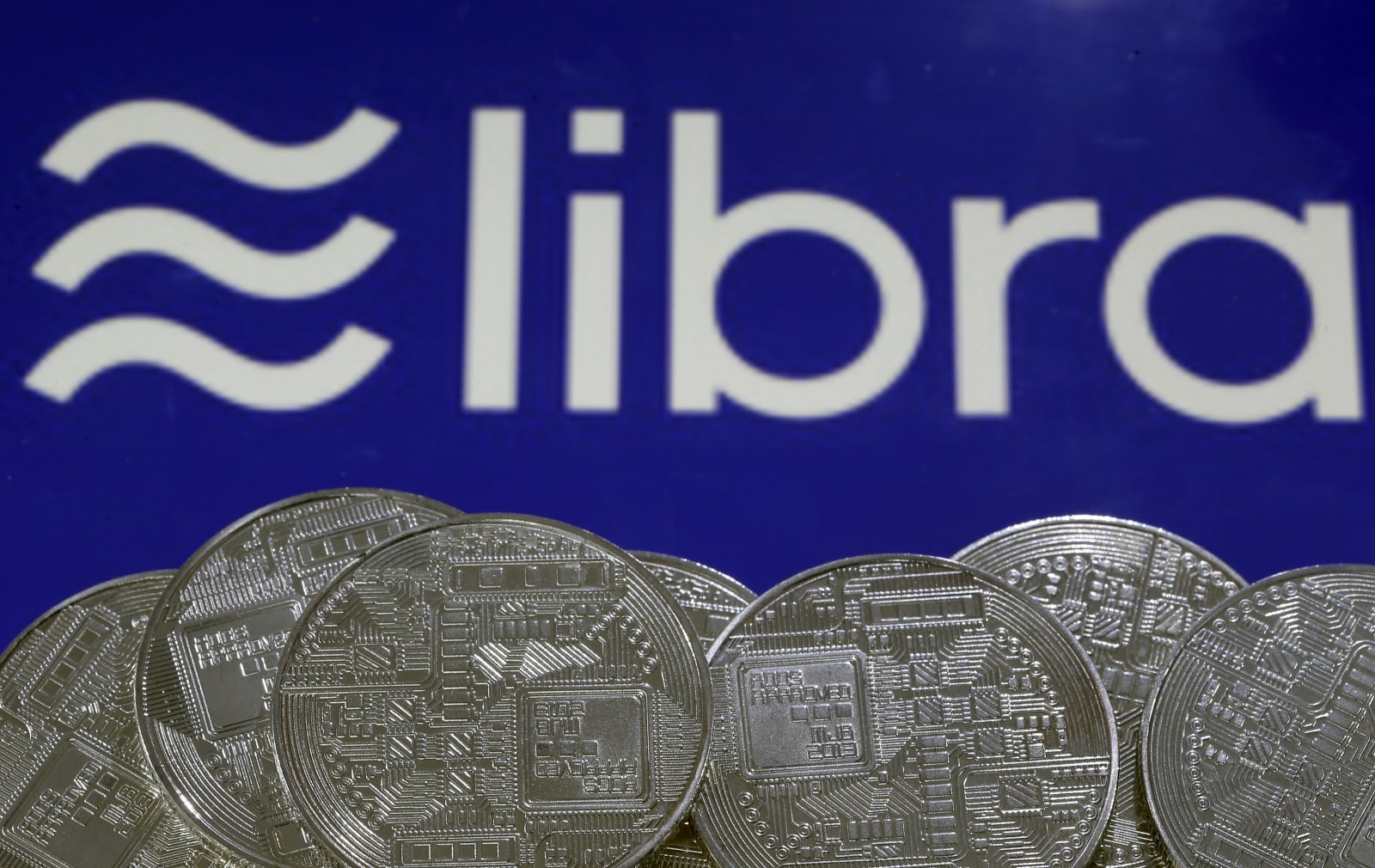Tag Archives: david marcus
Senate panel schedules a hearing on Facebook’s cryptocurrency
 It didn't even take 48 hours after Facebook announced its cryptocurrency scheme for the government to raise an eyebrow. House Financial Services Committee Chairwoman Maxine Waters called for Facebook to halt development, and now the Senate Committee...
It didn't even take 48 hours after Facebook announced its cryptocurrency scheme for the government to raise an eyebrow. House Financial Services Committee Chairwoman Maxine Waters called for Facebook to halt development, and now the Senate Committee...
Facebook Messenger Friend-to-Friend Payment System Is on the Way

The social network will soon enable us to send money to our friends and Nigerian princes using its Messenger app. While the feature is already there, it hasn’t been turned on for the general public.
Just in case Facebook didn’t already have enough information on you, your friends and family, now it will also have access to debit card information. That is, if you want to use the Facebook Messenger friend-to-friend payment system.
The hidden feature was discovered by Stanford student Andrew Aude who used Cycript, a tool that enables developers to take mobile apps apart in order to learn how to modify them. Judging by what he told Gizmodo’s Kate Knibbs, this didn’t actually happen in the past week, but a month ago: “I first found it a month ago with Jonathan Zdziarski’s security research into Facebook Messenger.” One of Zdziarski’s screenshots triggered Aude’s curiosity and motivated him to dig deeper into the matter. After performing some research, he discovered that the payment feature is actually part of Facebook Messenger, and not a stand-alone app.
Ex-PayPal president David Marcus joined the social network not long ago as the head of Messenger, so this new feature somehow makes sense. The man came and did what he knew best. While PayPal itself doesn’t appear in the app, the code discovered by Aude mentioned that payment processor, which means that Facebook won’t handle the payments on its own.
The Facebook Messenger version discovered by Aude only featured debit card payments. Credit cards and bank accounts weren’t available, even though they might be added at a later point. The only security measure was represented by a PIN, and I really think Facebook should work more on that, as it seems something a bit too easy to bypass.
Notes suggesting the possibility of making payments to multiple parties were also found by Aude within the app’s code. Other than that, the transactions are private, which can only be a good think. It would be awkward and disturbing if incoming or outgoing payments should up as a status update for others to like.
Thank you very much, Facebook, but I’ll just let established companies handle my dough! The company declined to make any comments on Aude’s discovery, and as far as I’m concerned, it hope it kills the project, altogether.
Be social! Follow Walyou on Facebook and Twitter, and read more related stories about the ICQ Messenger’s user base that increased for the first time in forever, and PayPal’s Order Ahead and Pay at Table mobile services.
Can PayPal Beat Apple, Google, Amazon And Icahn In The Wallet Wars
Paypal’s president loses finances through fradulant transaction made from his credit card
An interview with PayPal president David Marcus: as offline / retail prominence grows, a renewed focus on customer service
One doesn't have to look far to find my true feelings on just about any company. PayPal, in particular, has been on the wrong end of many examples of customer service gone horribly wrong. After lambasting the payments outfit once more following a gaffe I discovered while interviewing Infinitec co-founder Ahmad Zahran, I did something I rarely do: I reached out to the company's president on Twitter. A few hours later, the 39-year old David Marcus responded. At the time, I was floored to get anything more than a passing sigh, but after visiting his new home - a nondescript office at PayPal's headquarters in San Jose, Calif. - I learned that my experience wasn't a unique one.
Marcus, a tall, handsome chap who was absorbed into eBay after a $240 million acquisition of mobile-payments provider Zong, was bestowed with the herculean task of running PayPal not long after Scott Thompson departed for Yahoo. Upon walking up to his office, it becomes immediately clear that he's aware of it -- his room is labeled "GSD," which the clever among us would recognize as "Get Sh*t Done." Outside of a few tall windows, there's little more here than a desk, a striking Nixie clock and a personal coffee machine -- seemingly, the bare essentials needed to achieve the three-lettered goal he sees each time he enters. Under Thompson's guidance, PayPal had grown at a rate seen by only a handful of other companies in the world, notching double-digit profit increases like clockwork. As it turns out, Thompson had little choice but to focus almost entirely on risk management and investor relations during his tenure - with millions in transactions pouring in by the hour, and new nations and currencies being added by the month - it simply had to be all about the numbers.
Now, PayPal finds itself thrust into a new era. It's an era led by a startup junkie, tasked with getting a 13,000-plus-member team to buy into an entirely new culture. It's a culture that realizes how sensitive consumers are to financial taboos, how vital it is to iterate before rivals can even plan and how irreparably damaged PayPal's brand could become if customer service isn't a top priority as it soldiers into the world of offline payments.







